Beijing Institute of Infectious Diseases
The Beijing Institute of Infectious Diseases (hereinafter referred to as the 'Institute') is the successor to the Virus Research Laboratory of Beijing Ditan Hospital, established in 1984. Approved by the Organizational Setup Committee of the Beijing Committee of the Communist Party of China (Document No. Jingbianbanfu [2021] 73), the Institute is based at Beijing Ditan Hospital, Capital Medical University.
The Institute focuses on major scientific issues in the field of infectious medicine and has established a platform for scientific and technological breakthroughs and pharmaceutical innovation in infectious diseases. The Institute explores the pathogenesis and prevention mechanisms of infectious diseases and develops innovative technologies for their diagnosis and treatment. It establishes a public research platform to provide shared services for infectious disease research and product development. An improved system for infectious disease research, prevention, control, treatment, and testing, serves as the foundation for closely monitoring and tracking emerging infectious diseases, as well as other potential biosafety threats. This system provides strategic support for evidence-based government decision-making.
The Institute is currently a deputy director-level institution of the National Key Laboratory of Intelligent Tracking and Forecasting for Infectious Diseases. The Institute is responsible for developing key platforms such as the Beijing Key Laboratory for Viral Infectious Disease Research and the Clinical Sample and Data Repository for Emerging and Acute Infectious Diseases. The Institute currently consists of seven research groups and four technical support platforms, including: Clinical Prevention and Treatment of Infectious Diseases Research Group; Epigenetic Research Group for Immune Cells; Organelle/Metabolism and Liver Disease Research Group; Infection and Immunosenescence Research Group; Infection and Innate Immunity Research Group; Viral Infection and Immunity Research Group;Infectious Disease Traceability, Early Warning and Big Data Research Group; and Pathogen Pathogenesis and Immune Intervention Research Group. The Institute serves as a training base for master’s and doctoral students of Capital Medical University and Peking University Health Science Center.
The Institute currently has 37 staff members, including 28 research personnel and 9 healthcare technical personnel. The Institute has assembled a distinguished team of experts, including recipients of the Excellent Young Scientists Fund of the National Natural Science Foundation of China, leaders of Beijing High-Level Innovation Teams, high-level public health leading talents recognized by the Beijing Municipal Health Commission, recipients of the Beijing Distinguished Young Scientists Fund, awardees of the “Haiju” Overseas Talents Program , laureates of the Beijing Nova Program, core discipline professionals under Beijing’s High-Level Talent Program , as well as top-notch youth talents and youth-incubation awardees under the Beijing Excellent Talent Program .
The Institute has established a high-throughput sequencing and high-performance computing platform, a pathogen detection and identification center, an immunological function testing and analysis platform, and a multi-omics platform. It is also a member of the field center under the Beijing Capital Science and Technology Resource Platform. Focusing on the construction of national key laboratories and Beijing key laboratories, and fully leveraging national-level platforms such as the National Center for Infectious Diseases at Beijing Ditan Hospital and the National Major Infectious Disease Prevention and Control Base, the Institute explores new organizational models, research paradigms, and management mechanisms. It prioritizes the development of cutting-edge technologies, including novel vaccine R&D, big data science and artificial intelligence, and life omics. Striving to become a leading research institution in China, the Institute aims to integrate basic and translational research, supported by a pioneering operational mechanism and an innovative system.




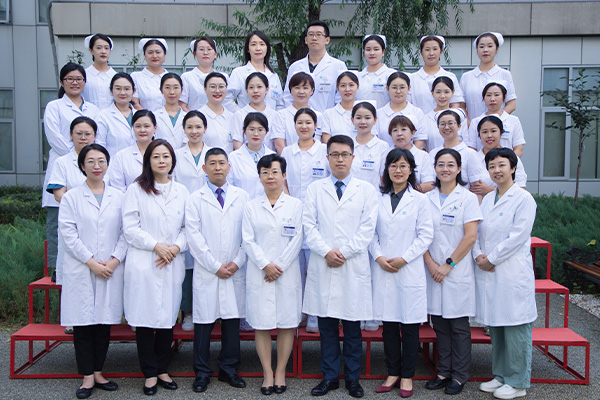
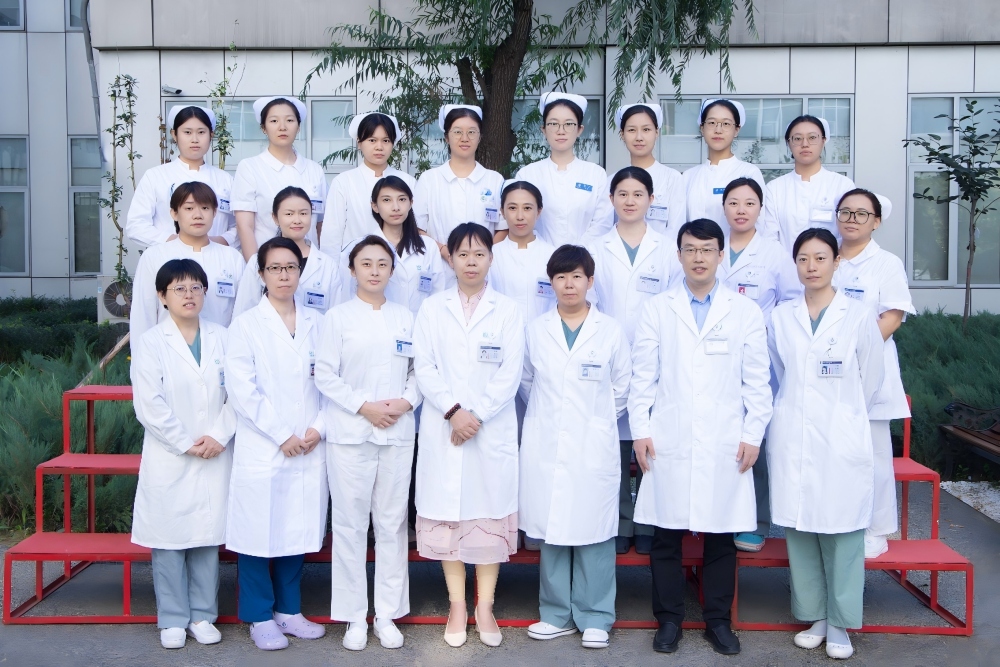
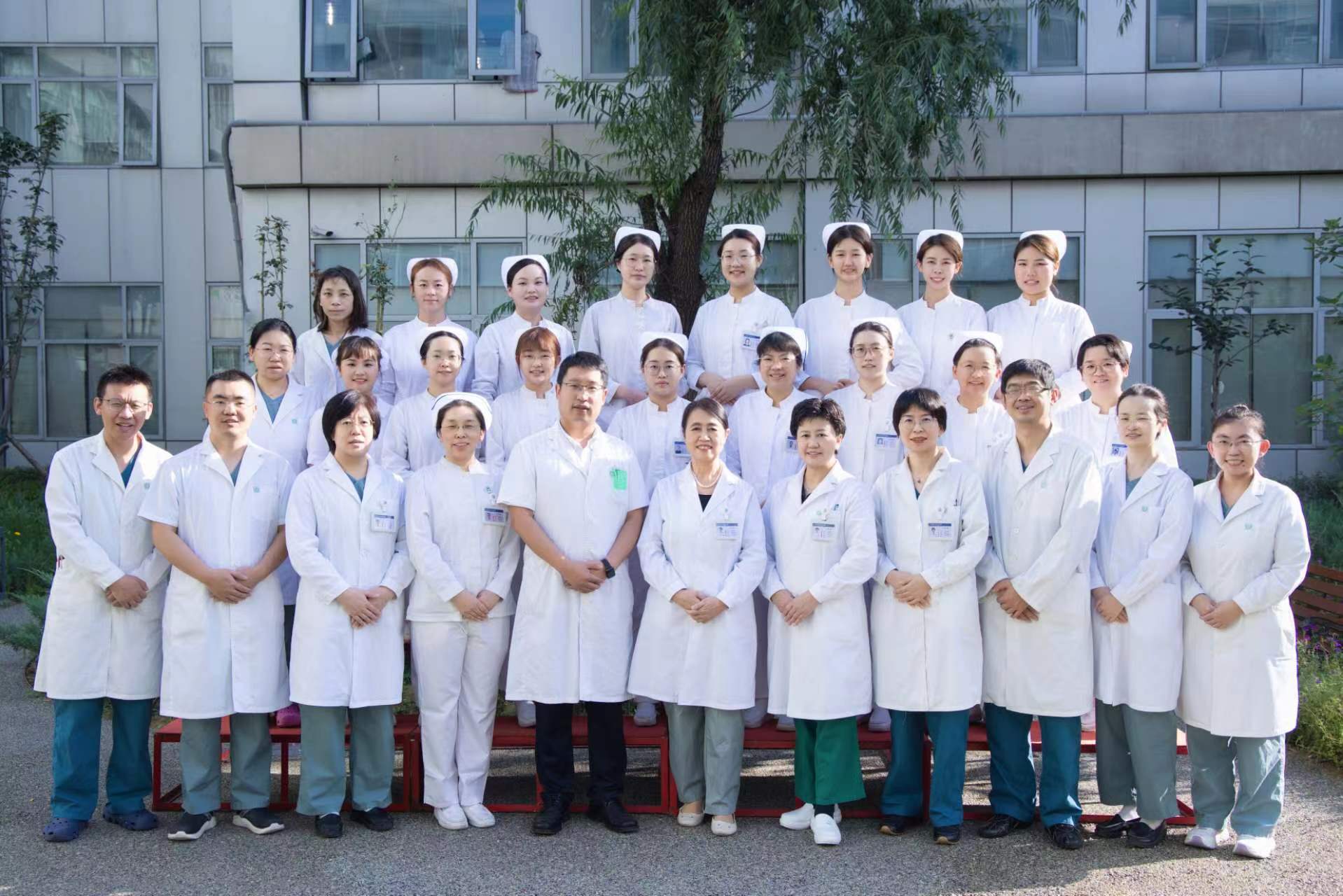
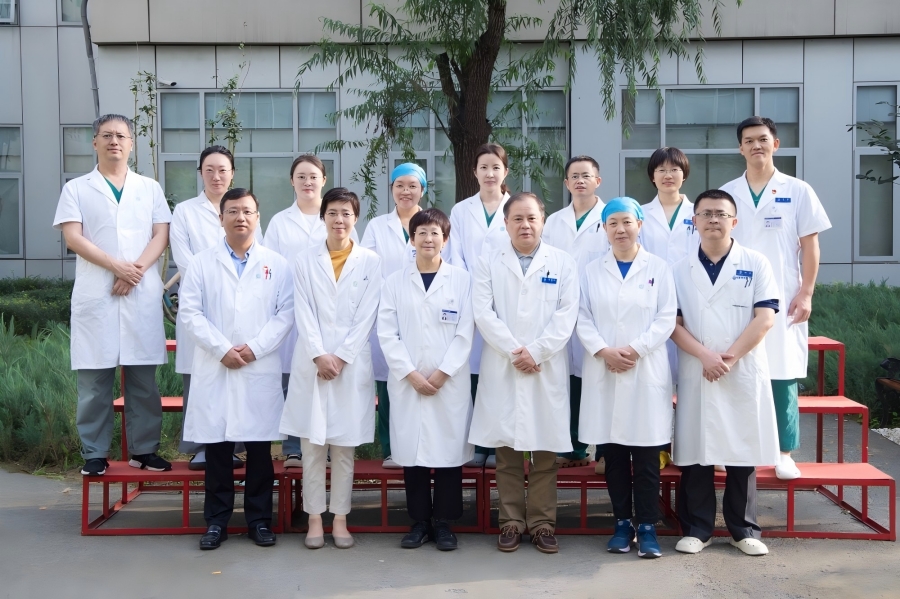
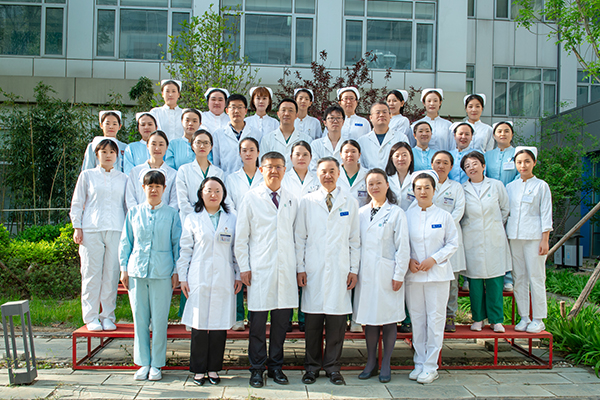
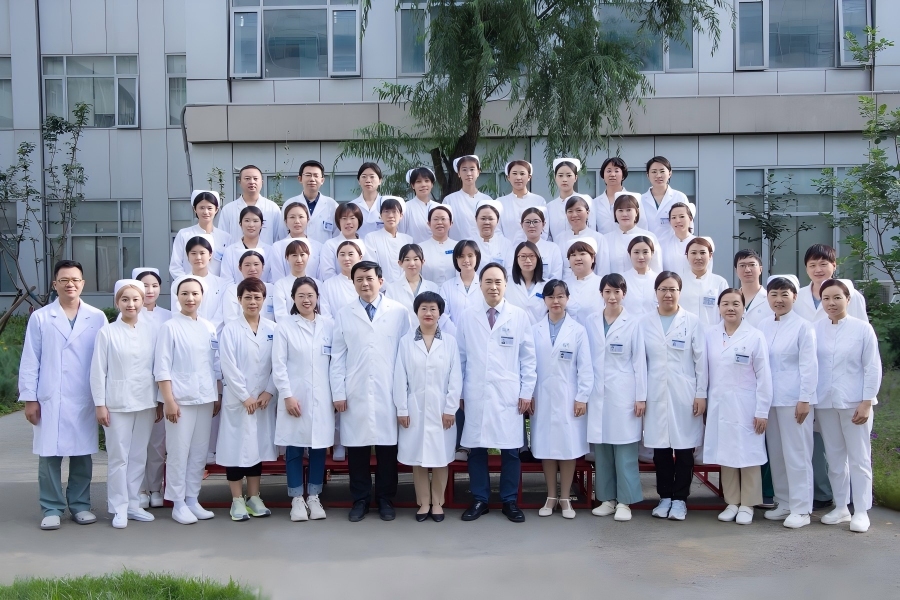
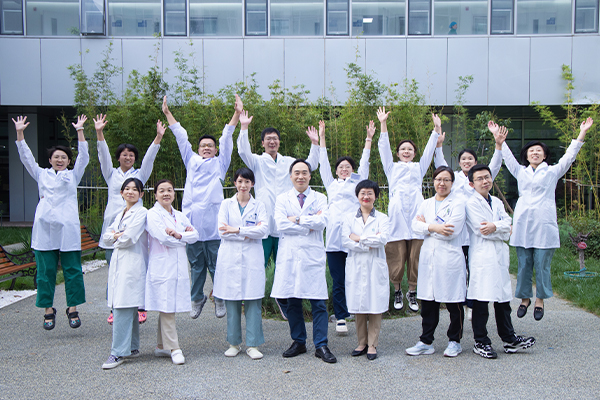
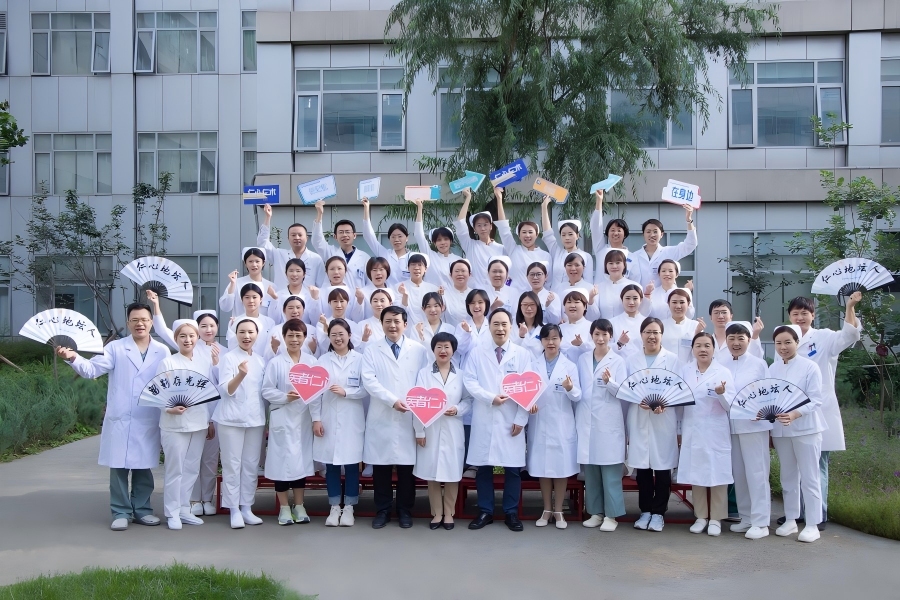
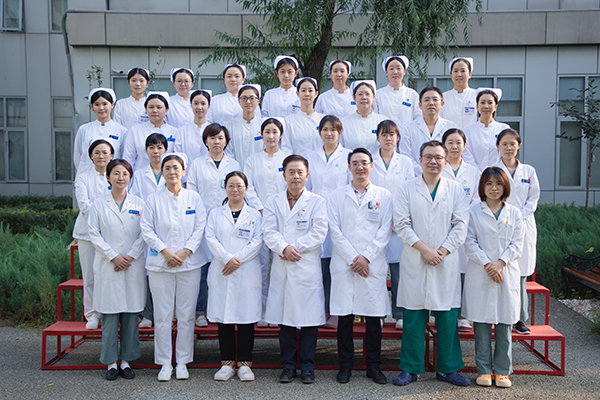
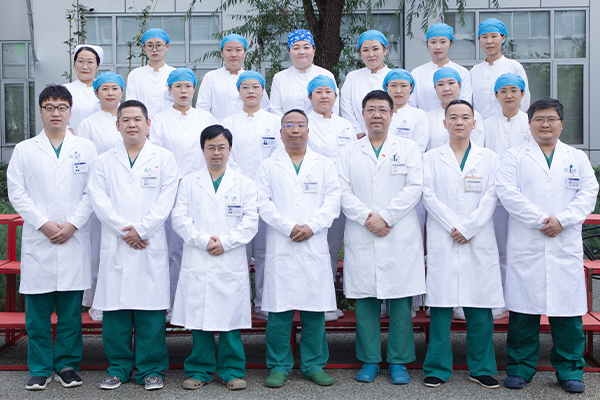
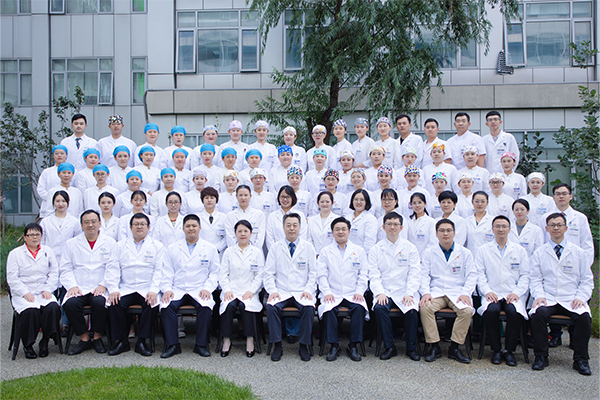
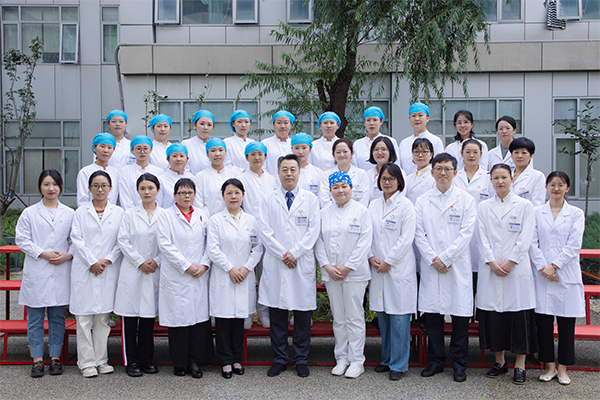
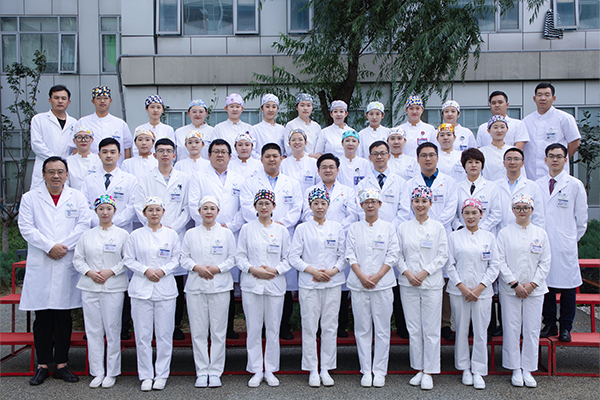
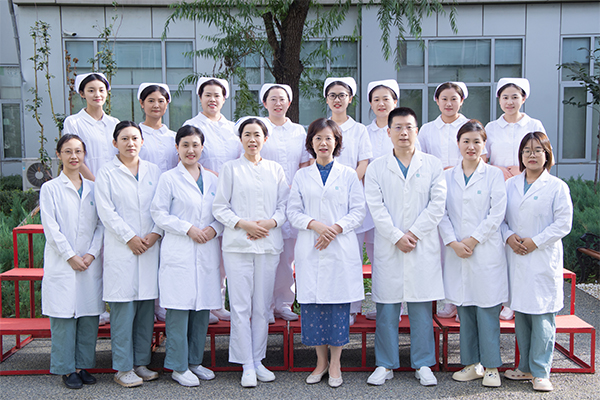
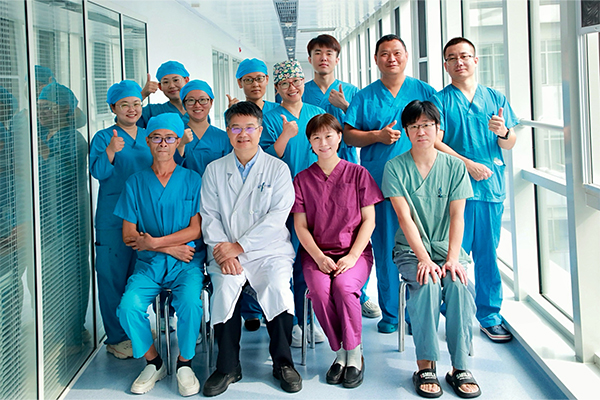
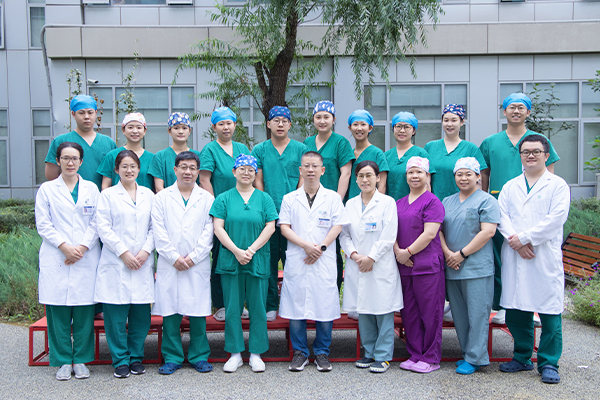
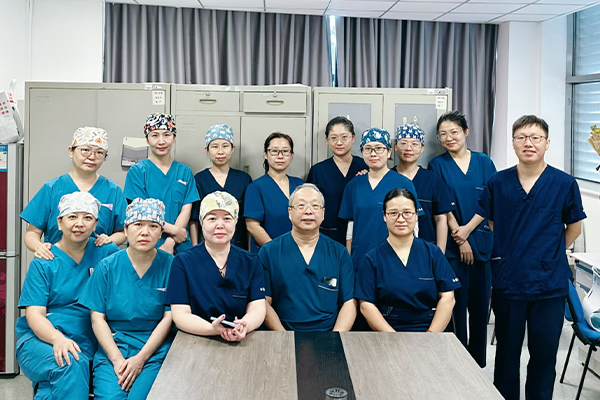
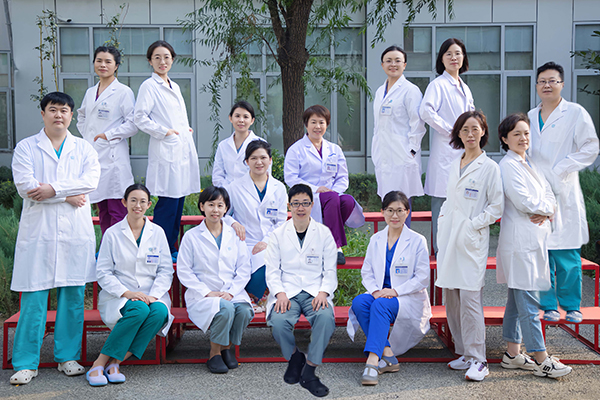
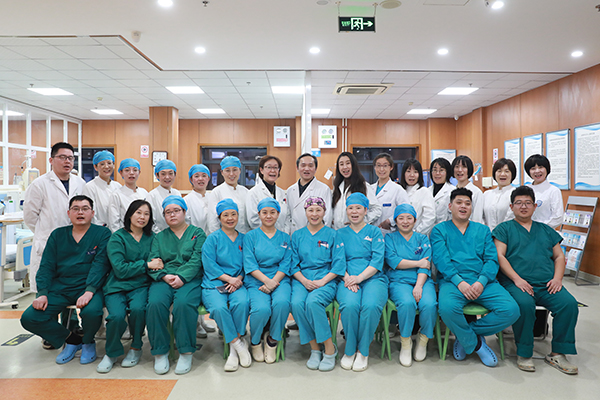
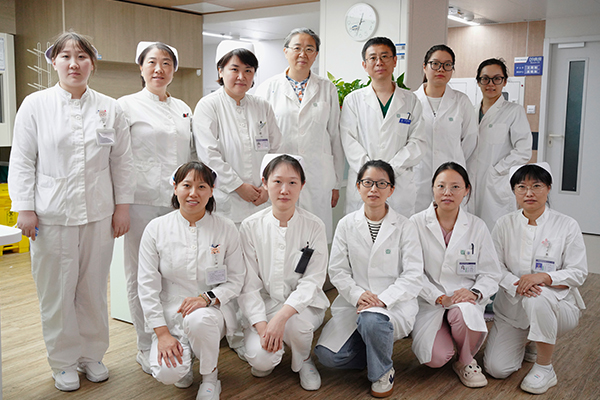
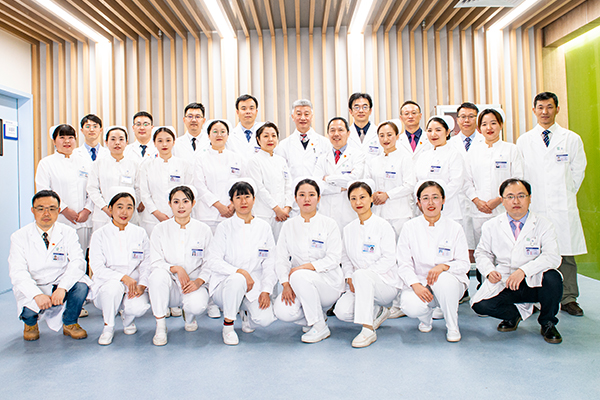
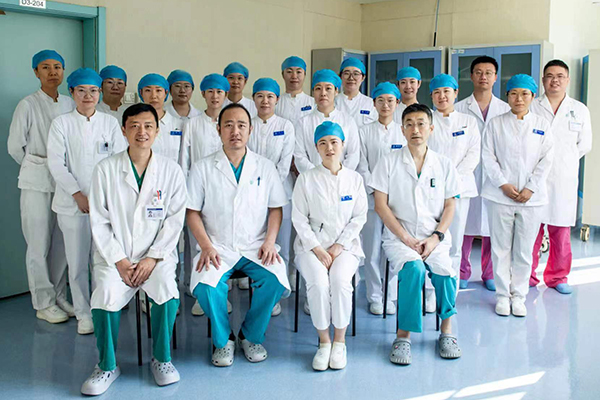
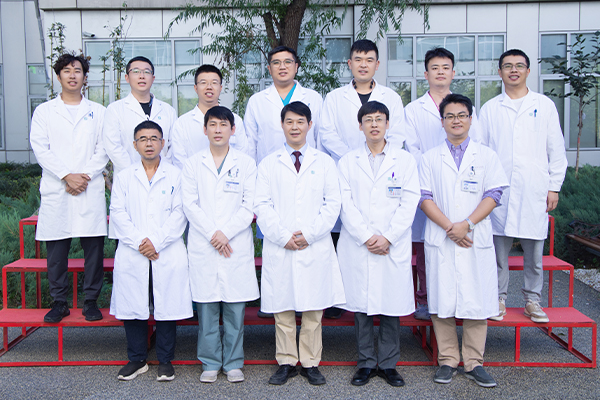
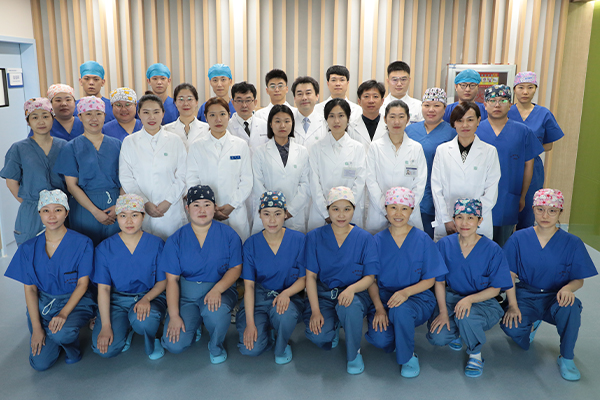
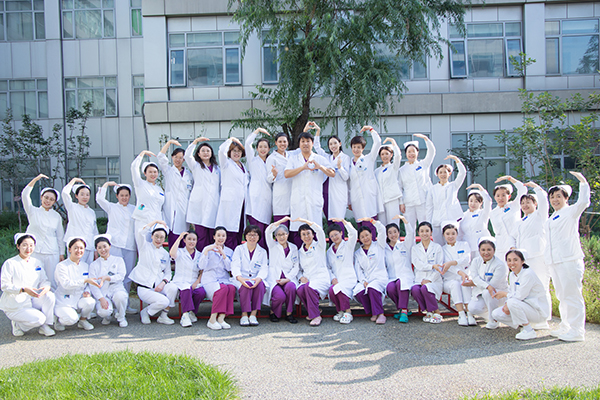
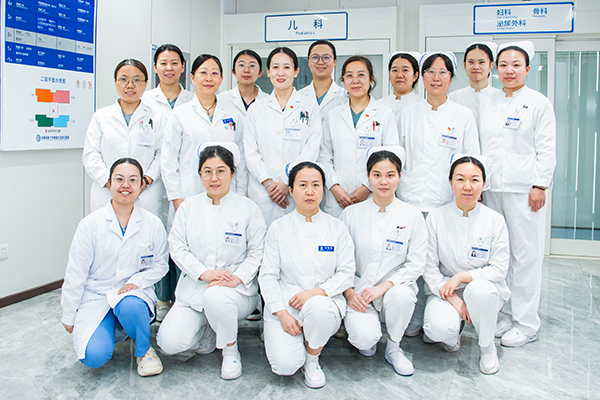
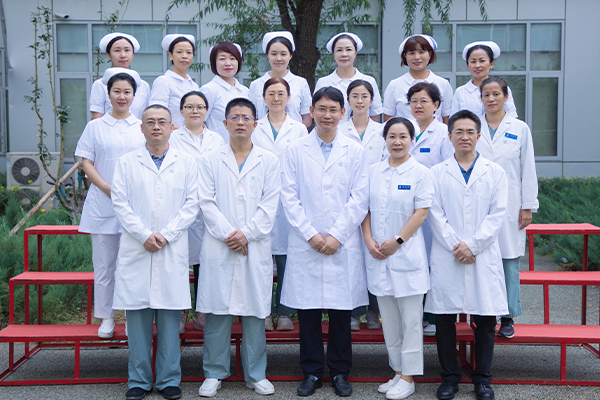
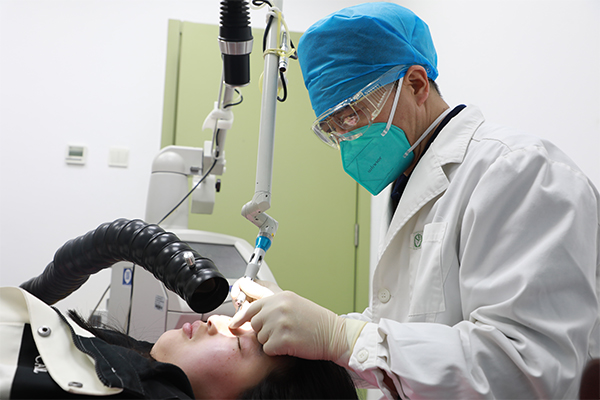
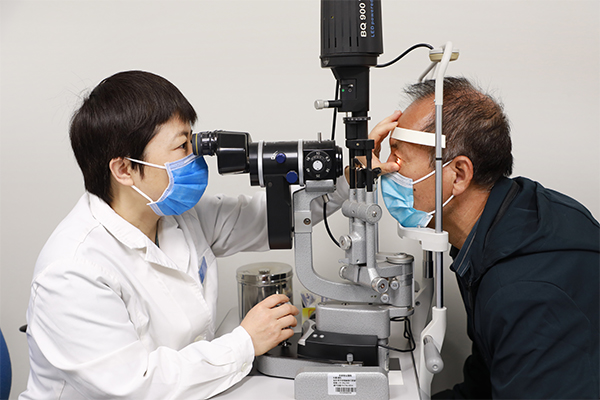
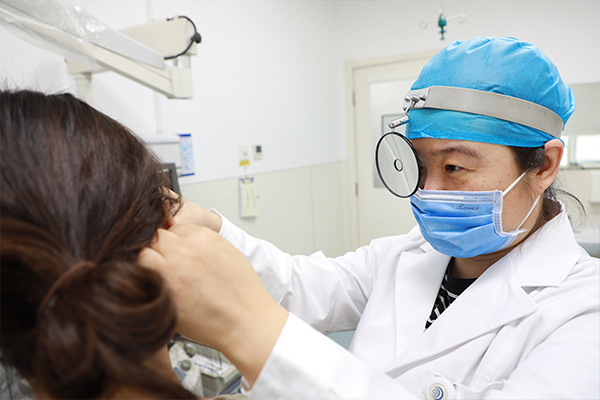
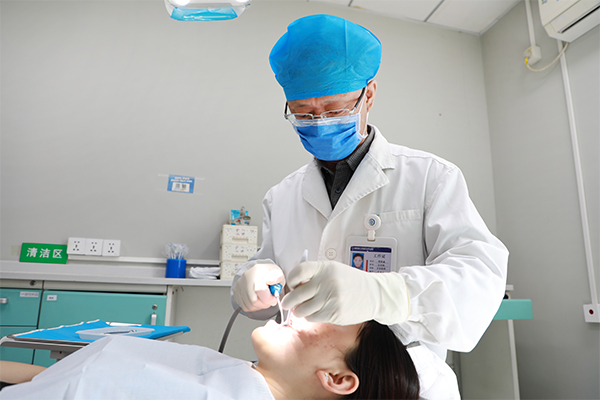
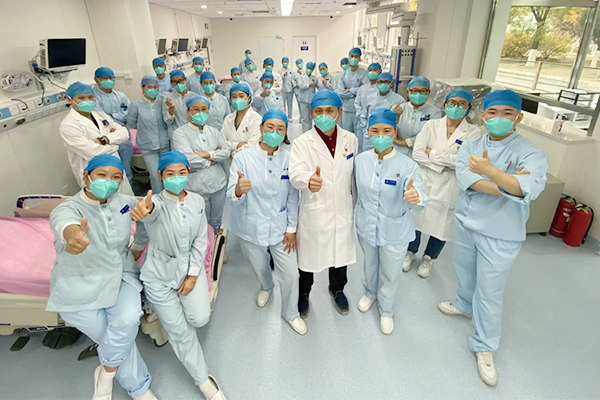
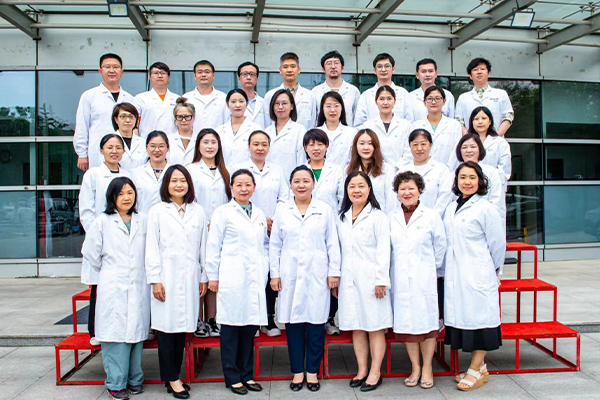
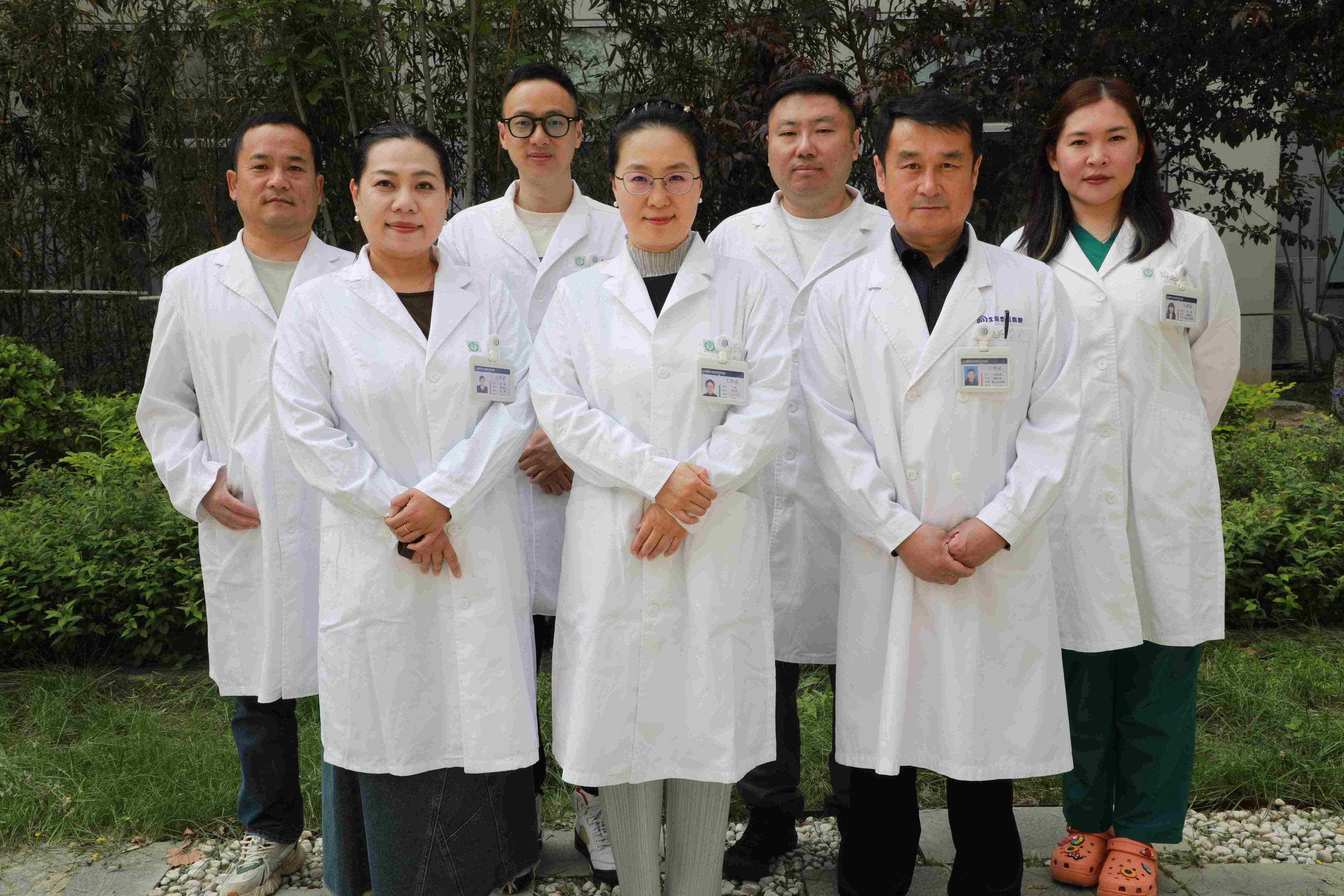
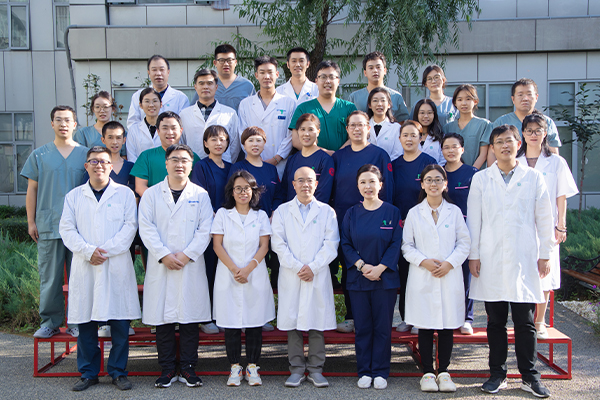
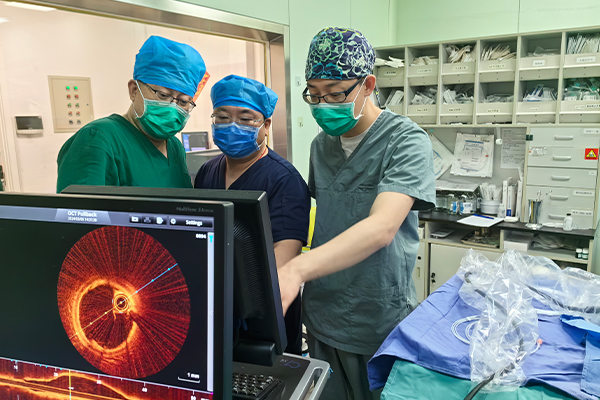
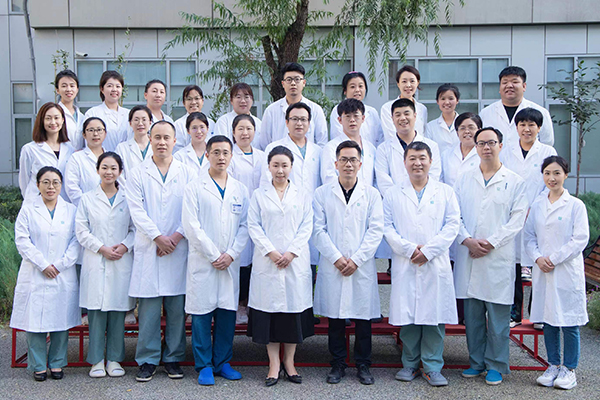
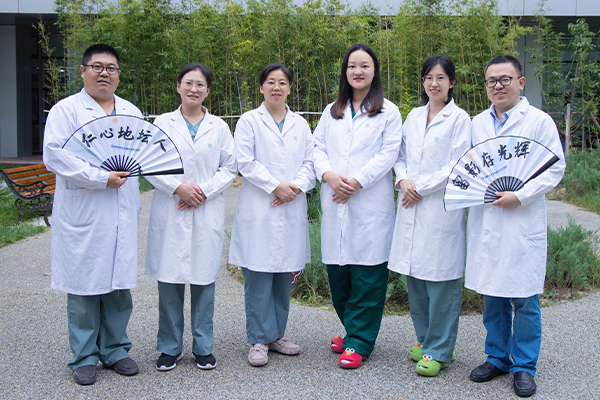
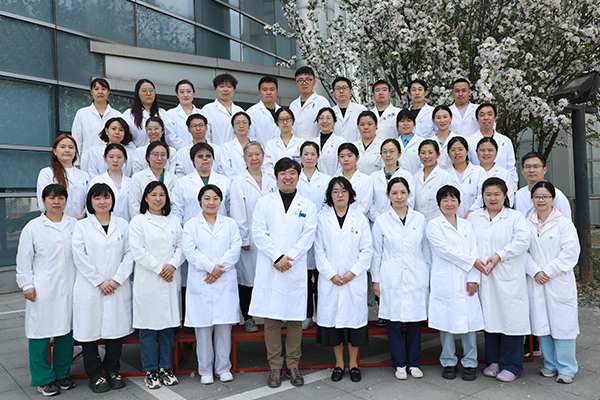
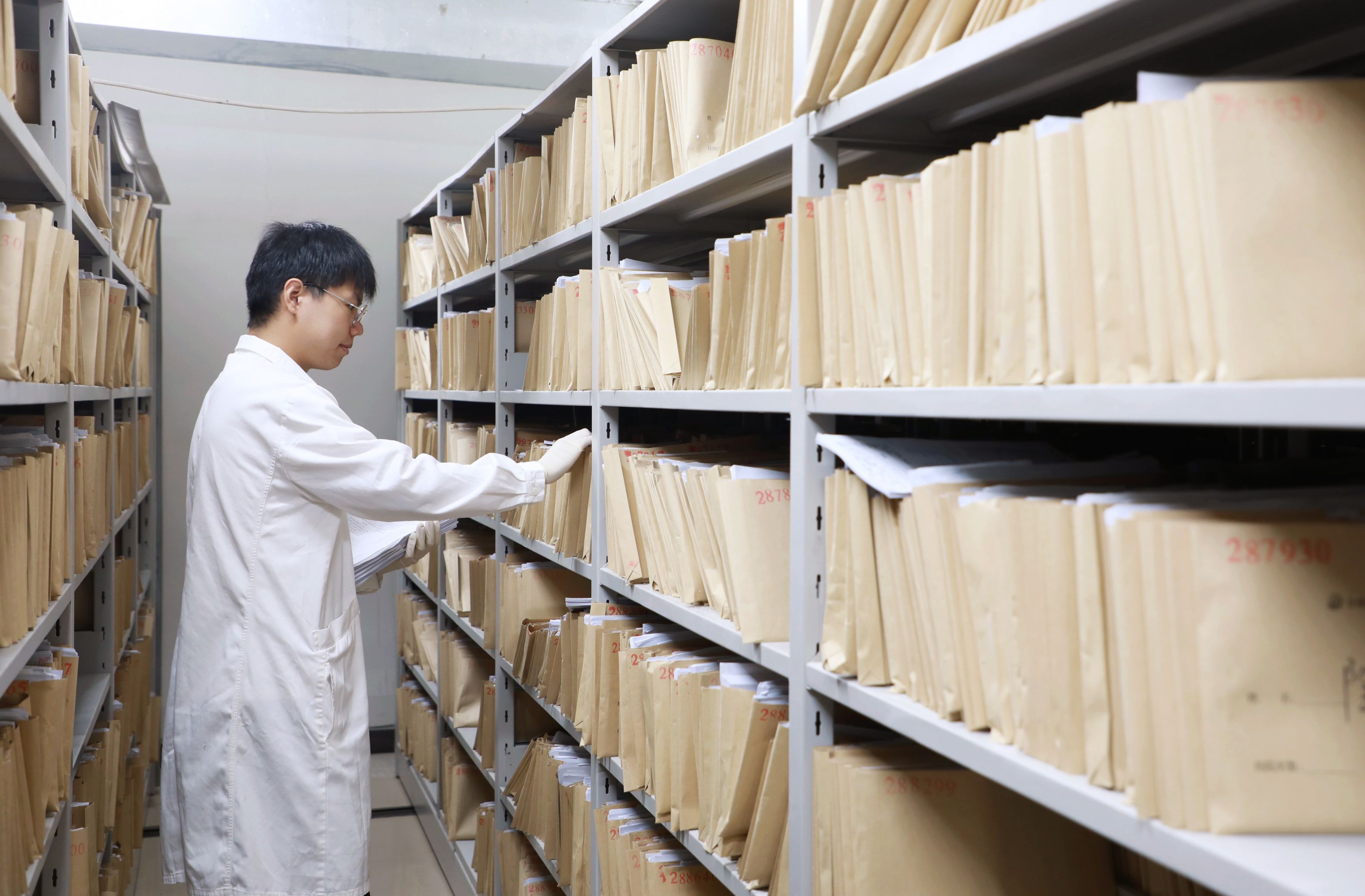
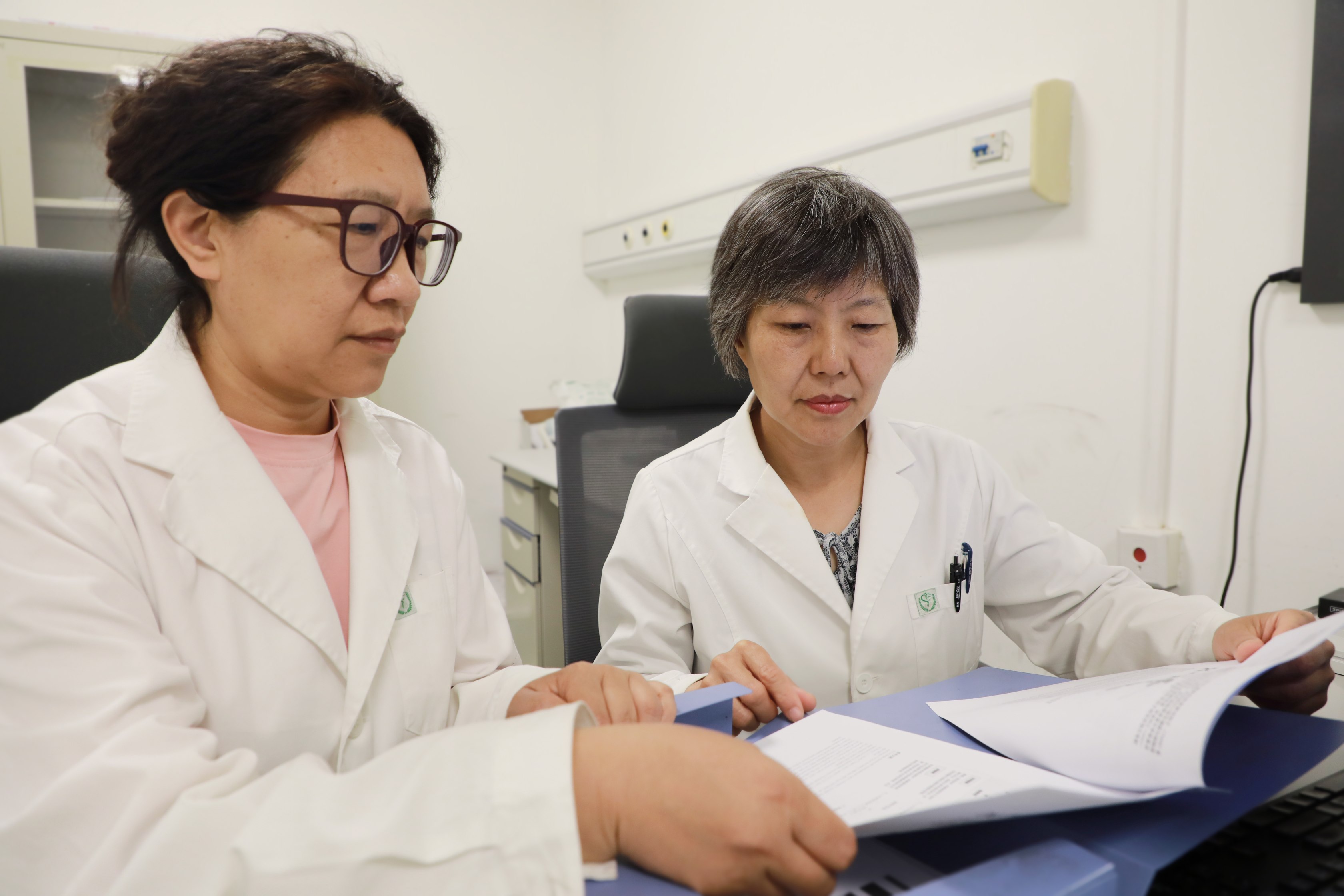
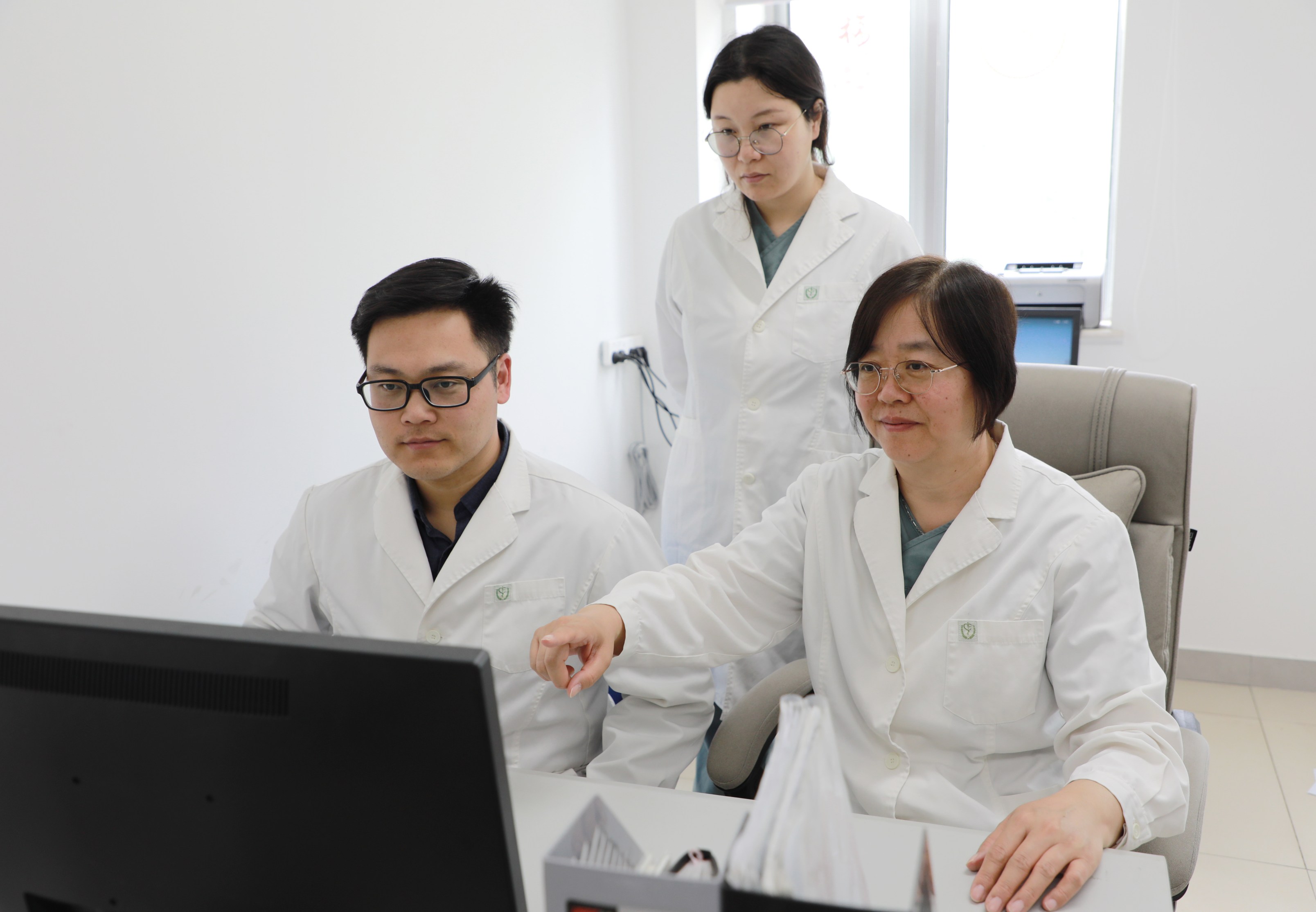
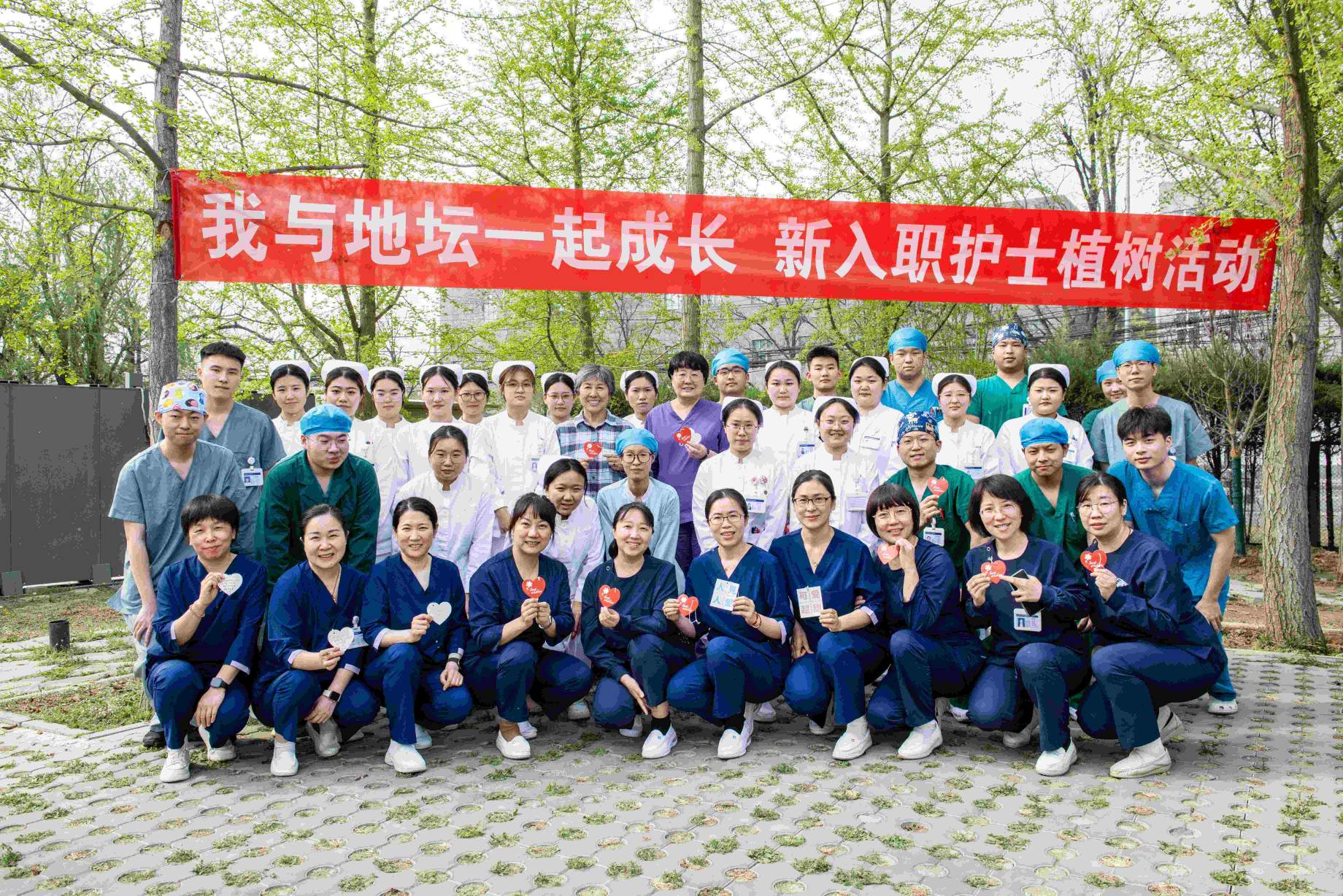
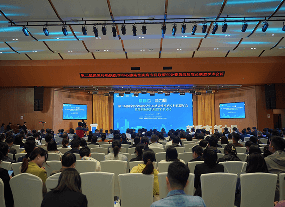
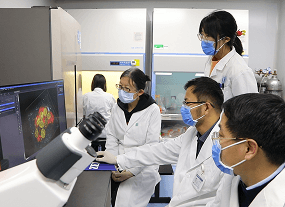
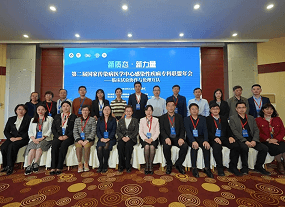
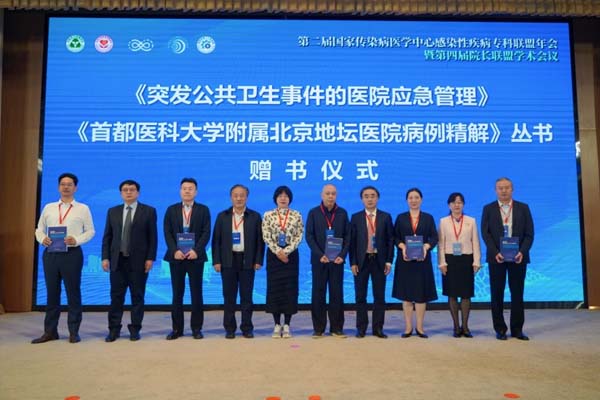



 京公网安备 11010502052111号
京公网安备 11010502052111号